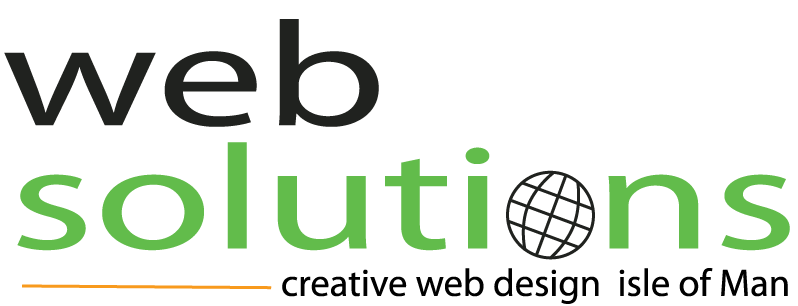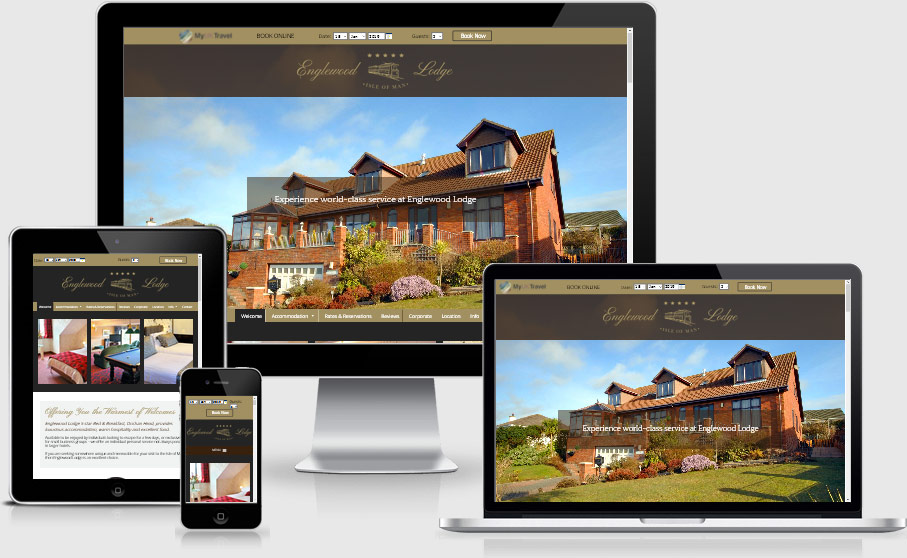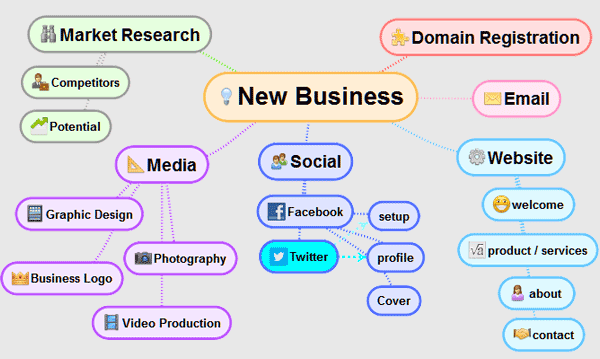The way nursing, residential and home care is accessed and paid for on Island will change, as Tynwald are asked to support further research on two models of funding for care.
The new models aim to make the system fairer and more suitable for those who use it, as well as their families.
Both of the two preferred models would overhaul the current system on the Isle of Man.
Originally six models were considered, and work has been undertaken to review existing arrangements, the challenges, opportunities and best practice from other jurisdictions before completing financial modelling to understand the feasibility of introducing the new models and how each model would financially impact upon the Government and individuals.
The Health and Care Transformation Team are now asking Tynwald to support two preferred models – the ‘Free Personal Care’ model, and the ‘Mixed’ model, to be further explored.
A ‘free personal care’ model would be similar to the current system in Scotland, where personal care is provided to people at no charge, regardless of their income or assets. This would cover any care of a personal nature given at home or in a residential or nursing care home, including tasks relating to hygiene, medication, feeding, bathing and dressing.
The ‘mixed’ model would be similar to the system in Jersey, based on a threshold and cap scheme, designed to protect the family home. This model would introduce a new benefit that covers care costs for those needing care, once costs have been paid up to a cap.
Both models require people to meet their own accommodation and living costs, with means tested support available to those who would struggle with those costs.
Minister for Health and Social Care, Lawrie Hooper MHK, said:
‘It was recognised in 2018 that our current model of social care isn’t fair, and isn’t sustainable. I made a clear commitment in my manifesto to start reforming this unfair system. The Health and Care Transformation Team have been working hard to bring forward proposals to understand how the models would work on the Island, and with the support of Tynwald will be able to focus on producing in-depth models.
Over the coming years I expect that nursing, residential and home care funding and access on the Island will look fundamentally different to how it does today. I am hopeful that one of these models will bring a fairer and more accessible system to the Island.’
If Tynwald members endorse proceeding with further investigation of the two models that are presented, public engagement will take place in the autumn.




